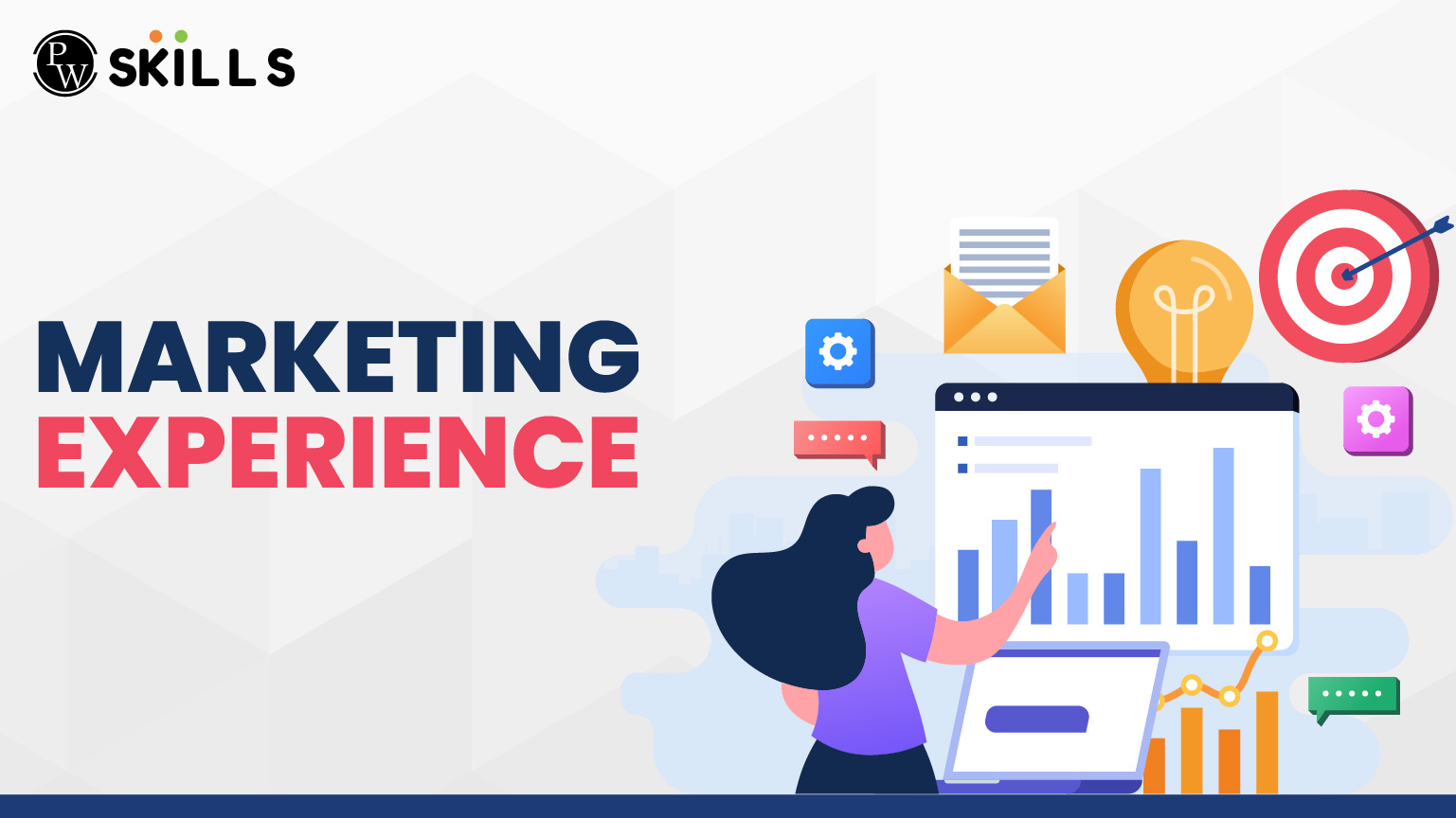Marketing experience is how a brand communicates, connects, and builds trust with its audience through different strategies and platforms. From digital ads and social media posts to website design and email campaigns, each interaction shapes how people feel about a brand. Each type plays a specific role in building awareness, generating leads, or increasing customer loyalty.
Choosing the right marketing experience depends on your business goals, audience behavior, and the platform’s capabilities. It’s important to match the right type of experience with what your audience expects and needs. When done well, marketing experience helps businesses grow by creating real value and meaningful engagement.
Check complete details about types of marketing experiences, how to choose the right one, and more below.
What is Marketing Department?
A marketing department is a core part of a business that focuses on promoting the company’s brand, products, or services to the right audience. Its main goal is to attract new customers, build strong relationships, and help increase sales and business growth through effective marketing strategies.
Key responsibilities include market research, brand development, advertising, social media marketing, content creation, and customer communication. The team may also manage digital marketing efforts like SEO, email campaigns, and paid ads.
Depending on the company’s size, the structure of the department may vary. Small businesses often have one or two marketers managing multiple tasks, while larger companies have specialized teams and leadership roles like a Chief Marketing Officer (CMO).
The marketing department plays a vital role in helping the business stay competitive, understand customer needs, and build long-term value.
🧩 Miscellaneous
- Marketing Items
- Marketing Plan
- Event Marketing
- Telemarketing
- Experiential Marketing
- SMS Marketing
- Marketing Automation
- 4 Principles of Modern Marketing
- Marketing Experience
- Media Marketing Agency
7 Ways to Gain Marketing Experience
Starting out in marketing can feel challenging, but there are practical ways to build real skills and hands-on experience. These seven steps will help you grow your digital marketing knowledge and get noticed by employers.
1. Identify Your Marketing Niche
Choose an area of marketing that interests you, such as SEO, social media, content writing, branding, or analytics. Focused learning helps you build relevant digital marketing experience.
2. Learn Key Marketing Skills
Take online digital marketing courses to understand tools like Google Analytics, Canva, Mailchimp, and WordPress. These digital marketing classes help you build foundational knowledge in areas like email marketing, SEO, and content strategy.
3. Build Your Marketing Network
Join LinkedIn groups, attend webinars, or participate in local events. Networking can lead to freelance projects, internships, or mentorship opportunities.
4. Create an Online Presence
Start a blog or social media page around a topic you enjoy. This helps you practice content creation, social media marketing, and audience engagement, which are key digital marketing skills.
5. Freelance or Volunteer
Offer your marketing services to small businesses or nonprofits. Even unpaid work helps you gain experience, build confidence, and collect real client feedback.
6. Run Mock Marketing Campaigns
Create example campaigns for any brand. Include email newsletters, social media posts, and content calendars to show your ability to plan and execute marketing strategies.
7. Build a Digital Portfolio
Gather all your work, including blog posts, freelance projects, and mock campaigns, and organize it into a professional portfolio. Use tools like Canva, WordPress, or Notion to showcase your marketing work online.
These steps will help you gain marketing experience and prepare for real-world opportunities in the digital marketing field.
![]() Join Our Digital Marketing WhatsApp Channel
Join Our Digital Marketing WhatsApp Channel
Why is Marketing Experience Important?
Marketing experience is important because it helps individuals and businesses connect effectively with customers, build brand value, and support long-term growth. The following points explain why marketing experience matters:
- Helps businesses connect effectively with their target audience
- Builds customer trust and long-term brand loyalty
- Improves the planning and execution of marketing campaigns
- Teaches real-world problem-solving and adaptability
- Strengthens brand image through consistent and relatable messaging
- Encourages word-of-mouth and social media sharing
- Increases sales and improves return on investment (ROI)
- Turns theoretical knowledge into practical, impactful results
Also Read:
- What is Event Marketing? Types, Examples, Benefits & How to Build a Strategy
- What is Traditional Marketing? Types, Methods, Examples, Advantages & Disadvantages
- What is Performance Marketing? Types, Examples, How it Works & Benefits
- 9 Types of Marketing to Promote Your Business, Most Relevant Types in 2025
Learn Digital Marketing With PW Skills
Start your digital marketing journey with the PW Skills Digital Marketing course. This 3-month digital marketing course online includes live and recorded digital marketing classes covering SEO, content marketing, social media, analytics, and AI in digital marketing. Learn through hands-on projects and mentor guidance.
Marketing Experience FAQs
What is marketing experience?
Marketing experience is the practical knowledge you gain by working on tasks like social media campaigns, branding, SEO, content creation, or market research.
How to show marketing experience?
You can show it through a portfolio, LinkedIn profile, case studies, certifications, or by highlighting results in your resume.
How do I describe my marketing experience?
Explain your role and impact with results. For example: “Managed a Facebook ad campaign that increased leads by 30% within two months.”
How do you write marketing experience?
Use action words and include metrics. For example: “Created content strategy that improved blog traffic by 50% in six months.”
How do you show experience?
Demonstrate it with real results, client feedback, consistent practice, mock projects, or hands-on training.

